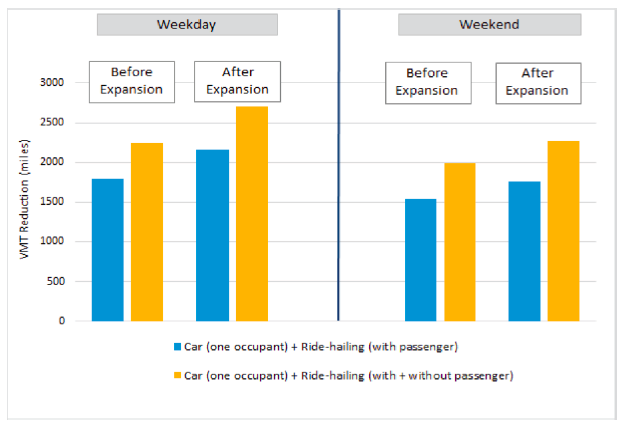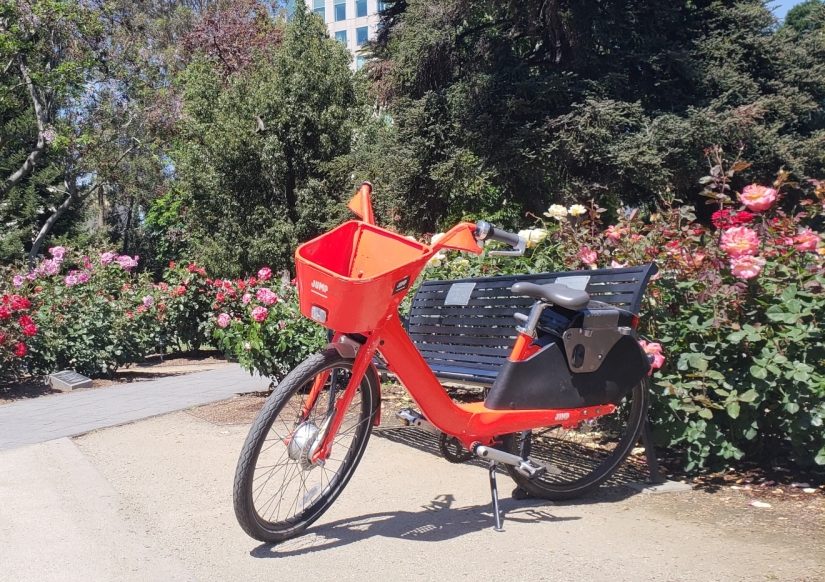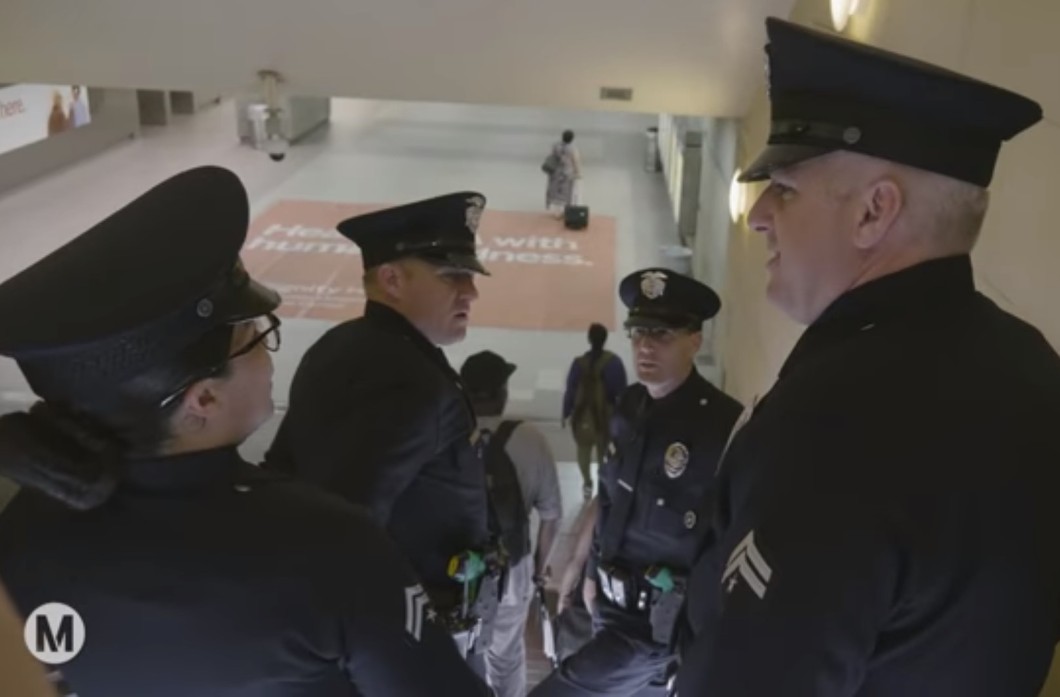Note: GJEL Accident Attorneys regularly sponsors coverage on Streetsblog San Francisco and Streetsblog California. Unless noted in the story, GJEL Accident Attorneys is not consulted for the content or editorial direction of the sponsored content.
A team of researchers at UC Davis has found that almost forty percent of the trips that people make on the Sacramento area's bike-share system replaced car trips, both in private vehicles and via ride-hail. They estimated that trips on the system, which is available in downtown Sacramento, West Sacramento, and Davis, cut vehicle miles driven by 2,000 miles a day, pre-pandemic.
One of the many reasons bike-share systems have been embraced by local governments is their potential to reduce driving, thereby producing positive environmental, climate, and health benefits, and even helping reduce congestion. But there has been a concern that, while bike-share might add a valuable transportation option for some users, those users might tend to be people who would otherwise walk, or take transit, or perhaps ride their own bike. That's not a terrible outcome, but the argument for governmental support of bike-share has been that it must show some kind of solid environmental or climate benefit, beyond fun and convenience for its riders - and it can't just pull riders away from transit.
California is still figuring out ways to reduce driving to meet its climate goals. It's assumed that bike-share could help; now there is evidence to back that up.
The researchers have been taking a close look at bike-share, specifically Sacramento's experience with it, for several years, seeking ways to quantify its contribution to the overall transportation system. For this study, they collected user surveys and trip data for the Sacramento region's dockless e-bike-share program, which was introduced by JUMP and Uber and now run by Lime. Their data covers 2018 and 2019.
They found that most of the bike-share trips people were taking substituted for either car or walking trips. Nearly forty percent of all weekday trips, on average, replaced car travel via private vehicle, ride-hail, or carpool. Women in particular were likely to take a ride on bike-share rather than drive.
This translates to an average VMT reduction of 2.8 miles per day per bike in the entire fleet. On weekdays, that means an estimated reduction of 1,795 mile per day before the system was expanded in June of 2019, and 2,160 per day afterwards.
It's important to note that the estimate of VMT reduction from ride-hail only includes the trips themselves; that is, when considering the trips made by ride-hail between passenger drop off and pick up, or "deadheading," that number goes up, as shown in the graph below.

There were other important findings in this study as well. For example, where bike-share is available, people tend to make trips to restaurants and for fun that they otherwise wouldn't have made. This points to an obvious economic benefit from having an easy travel mode available and hints at health benefits from physical activity.
The researchers also found that in areas with a higher proportion of low-income households, bike-share was used less, despite equity requirements imposed by the city of Sacramento. Pinning down why this is so could point to the need for better facilities, better or more easily accessed discounts, or other policy changes that could help increase and expand some of the benefits of bike-share to more people.
For more information, a two-page policy brief on the study is available here, and the full paper can be found here.






